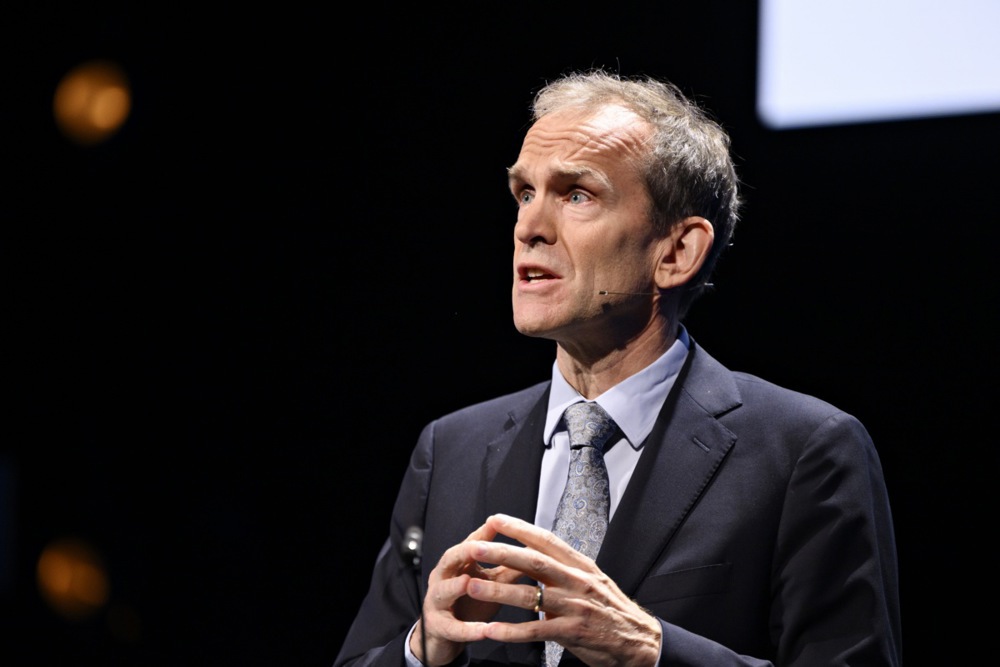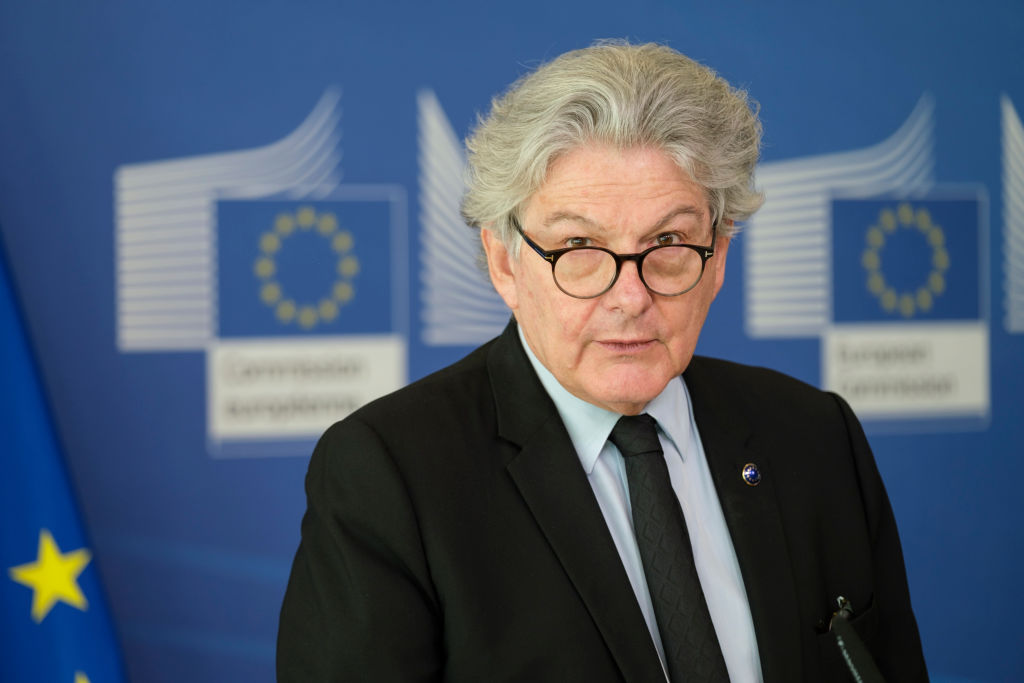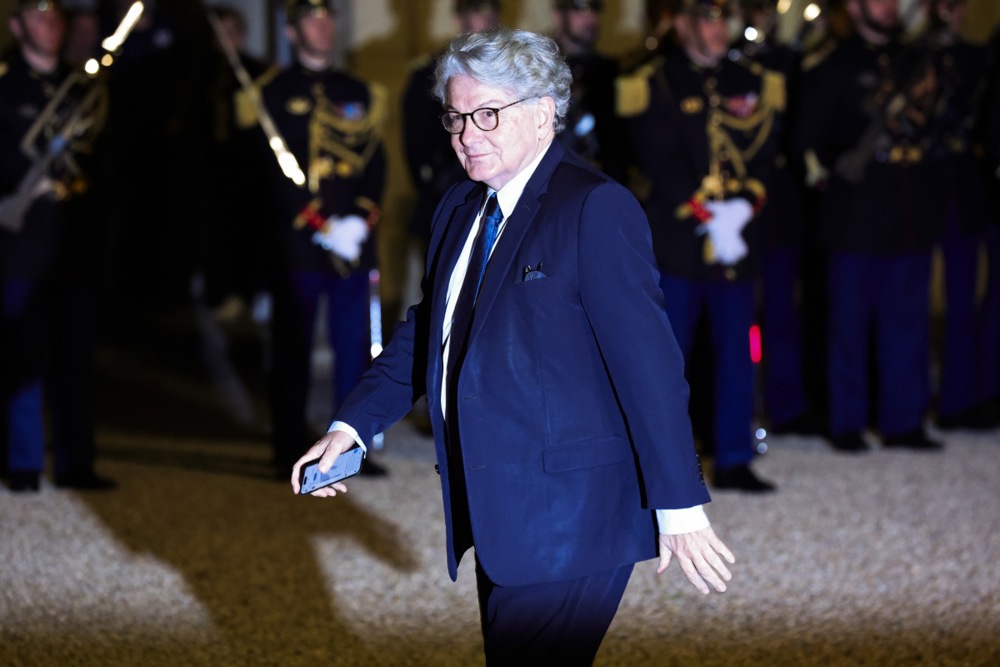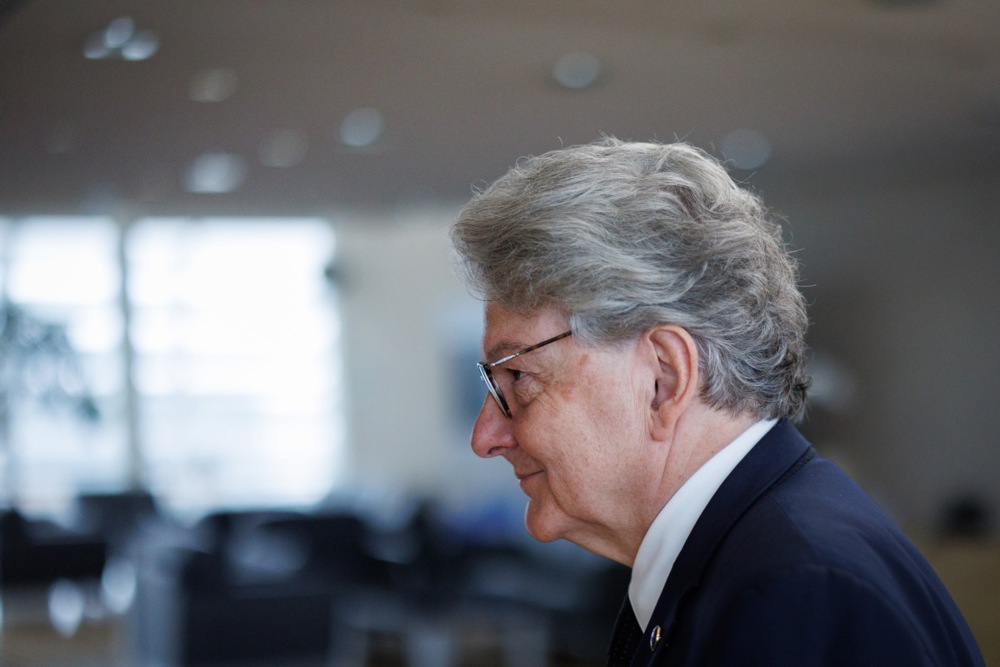European Commission Vice-President Henna Virkkunen has vowed to continue the European Union’s crackdown on major US tech companies, including Apple, Meta and X, over alleged competition violations and the handling of so-called illegal content.
Speaking to European media on April 10, Virkkunen emphasised that the EU’s actions were not targeted at specific companies but reflected a broader push to enforce compliance with the bloc’s digital regulatory framework.
“We have certain regulations in the EU, and these are not trade barriers,” Virkkunen stated, adding that the same rules applied to European, US and Chinese companies. The larger the company, the higher the requirements, she noted.
Under the European Digital Services Act (DSA), companies were required to address so-called hate speech, incitement and other illegal content online.
The act also prohibited manipulative practices that pressured users into making purchases and banned advertising targeted at children. Violations of these regulations could result in penalties of up to 6 per cent of a company’s global annual turnover.
The US has been vocal in its criticism of the EU’s digital regulations, with representatives of the US Government accusing the bloc of creating protectionist trade barriers.
US President Donald Trump, who has long opposed the EU’s potentially hefty fines on US tech giants, previously labelled its actions as “overseas extortion”.
US House Judiciary Committee Chairman Jim Jorda echoed this sentiment in a letter to Virkkunen, calling the DSA “a global censorship law”.
In a separate letter to Teresa Ribera, the EC’s Executive Vice-President for Clean, Just and Competitive Transition, he accused the EU of “weaponising” the DMA against US companies as a means to “remedy Europe’s economic downturn”.
Jim Jordan, chairman of the powerful House Judiciary Committee, says Breton has sent an “inaccurate” letter to his committee in an attempt to deny he was threatening to force Musk into censoring content.https://t.co/IqTGcSrSQm
— Brussels Signal (@brusselssignal) September 10, 2024
Virkkunen defended the EU’s stance, reaffirming that the bloc was “very committed” to its digital standards and was not singling out US firms.
“When you are a bigger player, then there are more obligations, because you pose a bigger risk,” she said. The aim, she added, was to promote a fair, safe and democratic digital environment.
In the context of ongoing disputes, EC President Ursula von der Leyen has signalled that retaliatory tariffs on US tech companies remained a possibility should negotiations falter.
Several US firms are currently under EU investigation for potential DSA violations. Virkkunen has called for a swift conclusion to these cases, arguing that prolonged proceedings serve no one. She also rejected claims that the delays were politically motivated.
Virkkunen’s comments came as the EU was pushing ahead with enforcement action against Apple and Alphabet, accusing them of breaking the Digital Markets Act (DMA) with anti-competitive behaviour.
The DMA was designed to ensure that Big Tech did not crowd out smaller rivals in the marketplace.
Despite the EU’s regulatory drive, Virkkunen acknowledged the need to avoid overburdening small businesses. With Europe lagging behind the US and China in artificial intelligence (AI) applications, for example, concerns over competitiveness and innovation have been mounting.
To address this, Virkkunen outlined plans to establish up to five AI gigafactories across the EU, equipped with advanced supercomputers to develop and test AI models.
She also indicated a willingness to revisit the EU’s landmark AI Act to better support innovation and small enterprises.
Overregulation of artificial intelligence in the European Union has given Russia’s technology sector an advantage, a leading Russian banking executive has argued. https://t.co/uqXRV6lymH
— Brussels Signal (@brusselssignal) December 12, 2024





